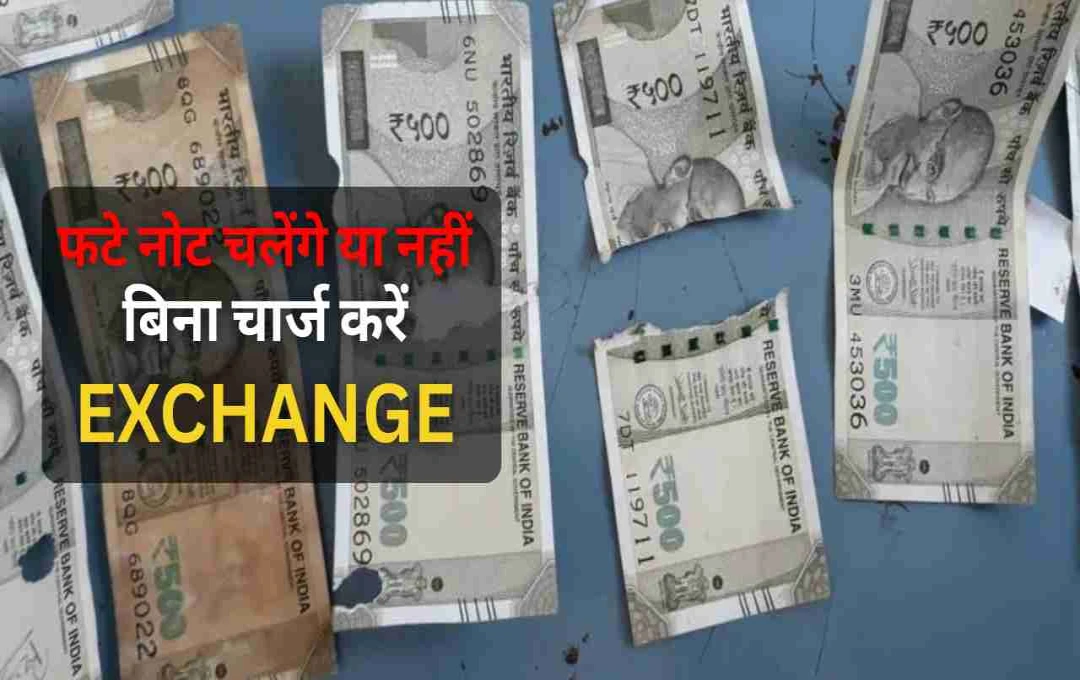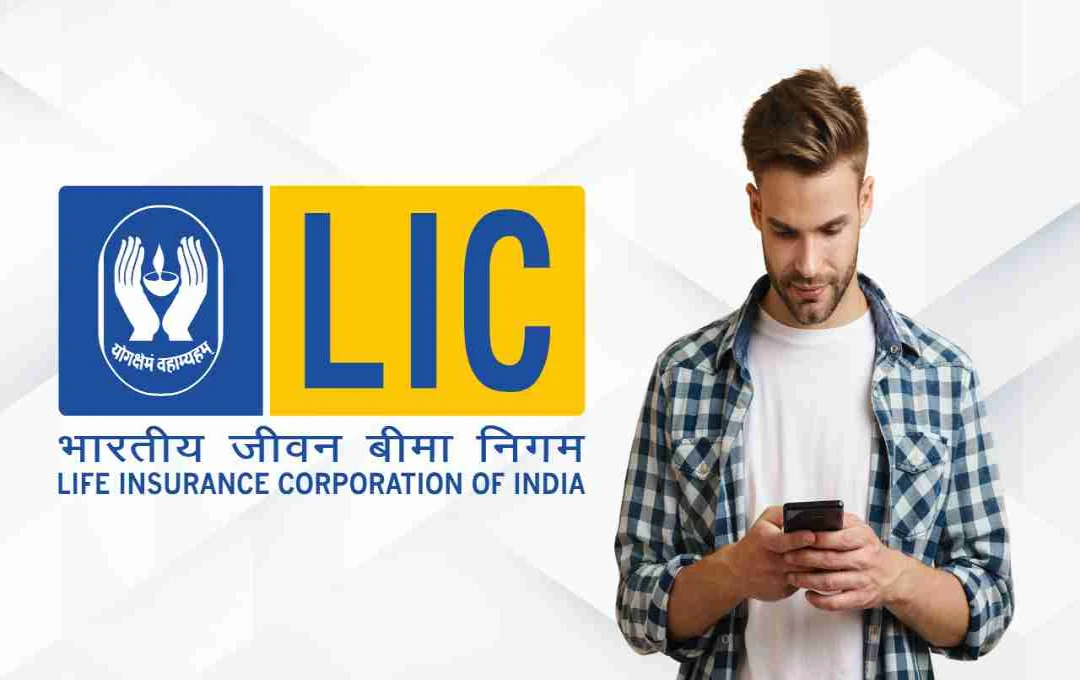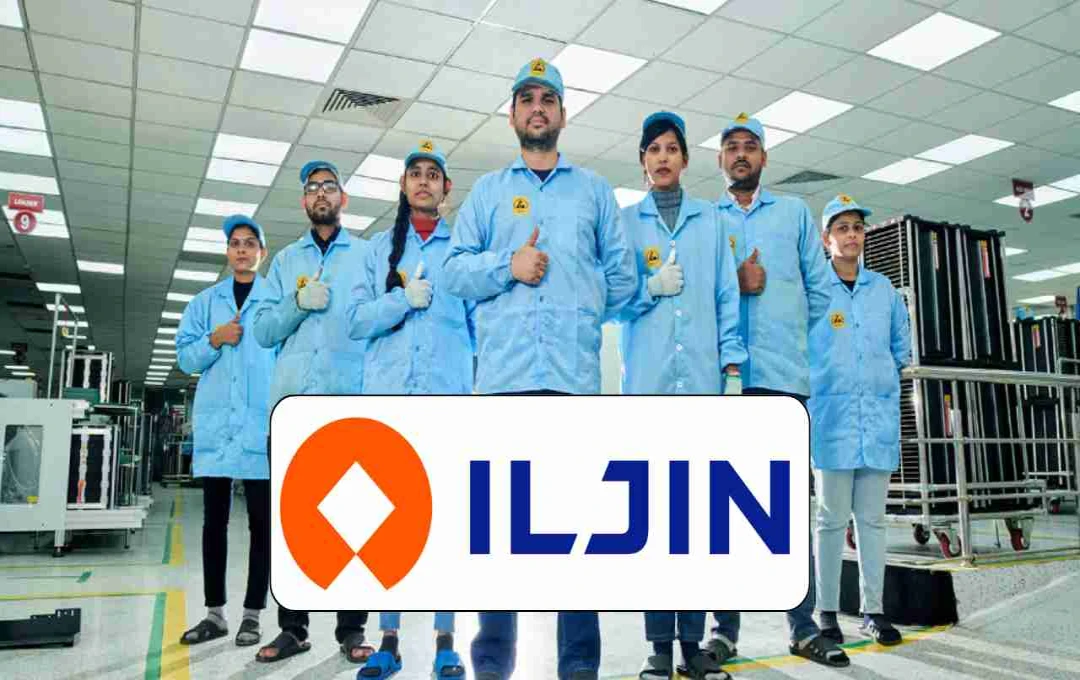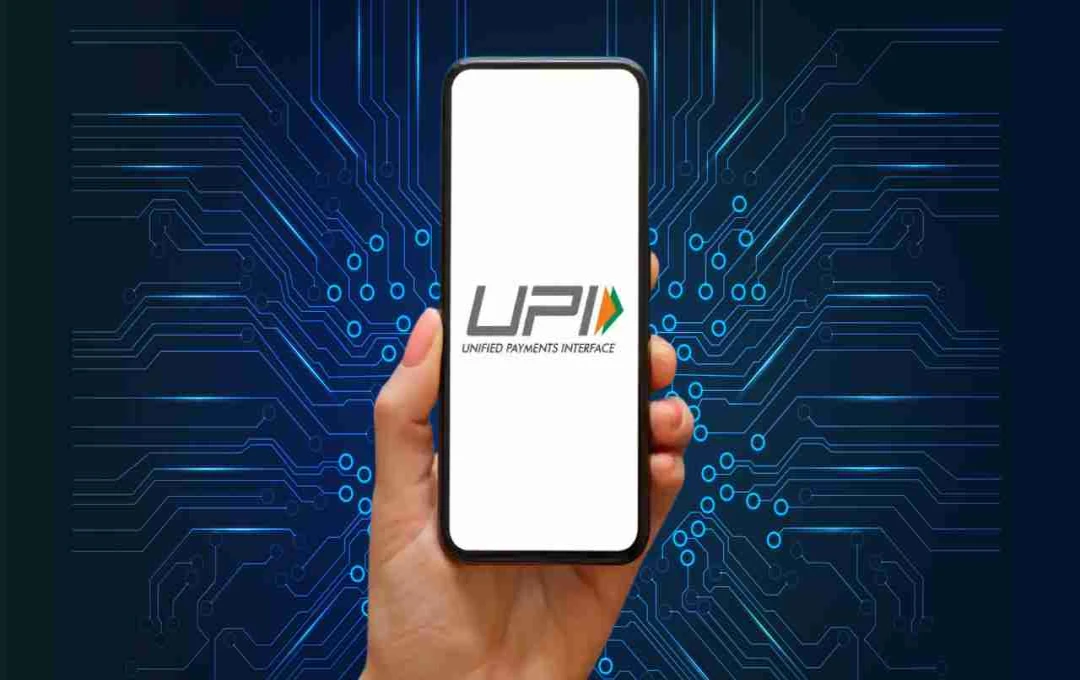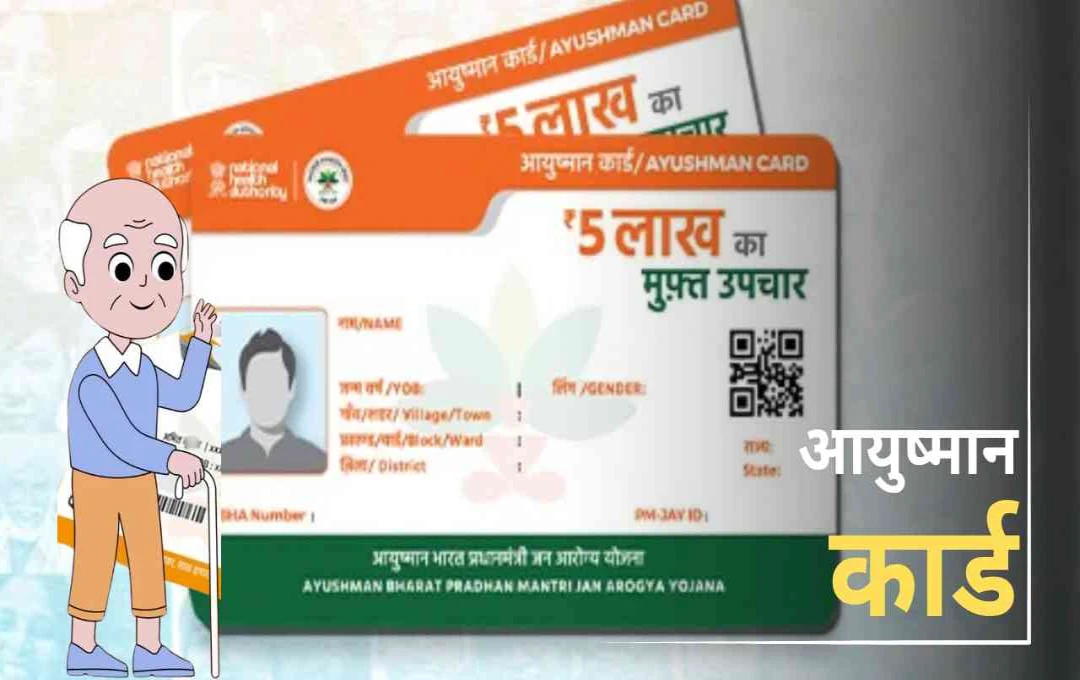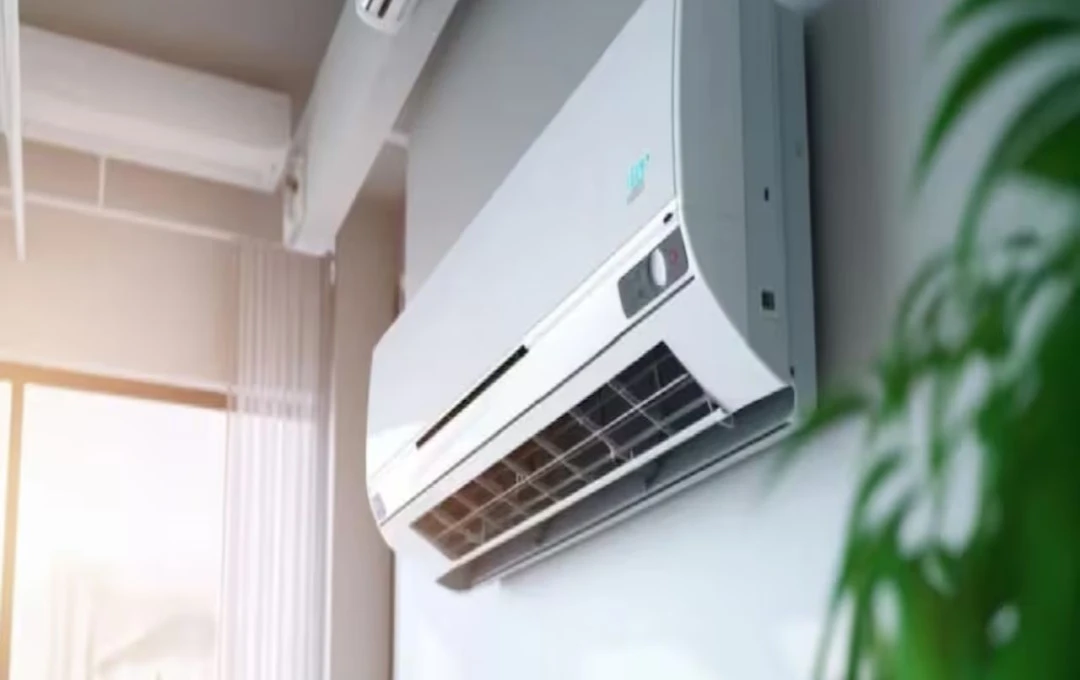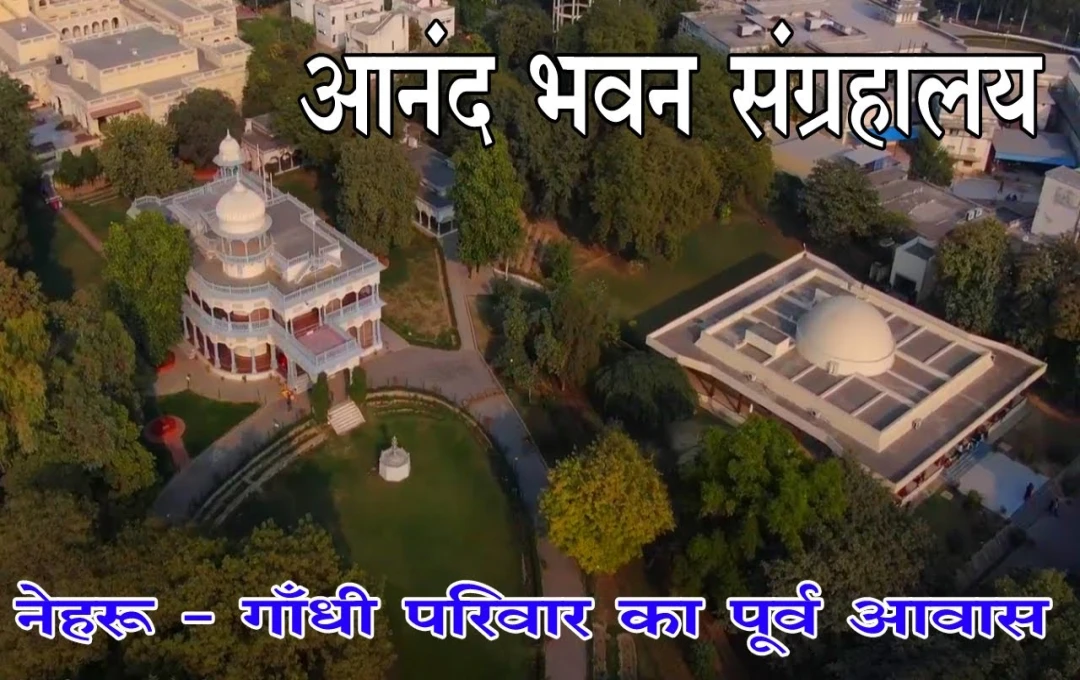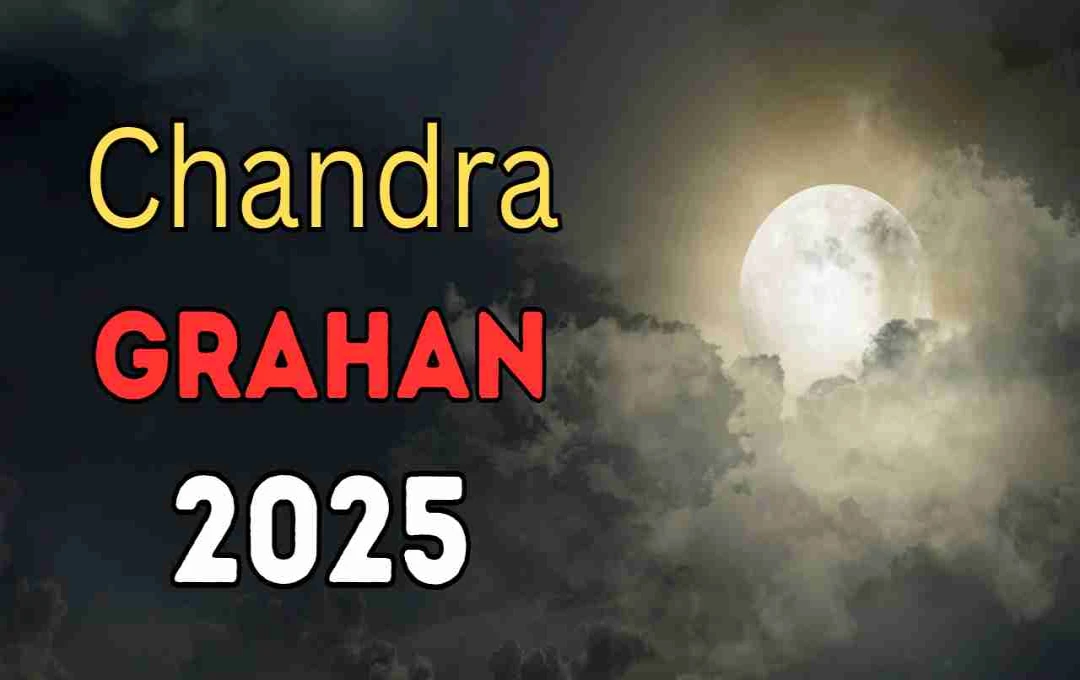Millions of people across India engage in cash transactions daily, often receiving torn, soiled, or burnt banknotes. These notes, besides being unsightly, are frequently refused by shopkeepers, taxi drivers, and other businesses. If you possess such notes, there's no need for concern.
The Reserve Bank of India (RBI) has established clear and straightforward rules for exchanging these notes for new ones. Let's understand how to exchange damaged banknotes and what precautions to take.
Which Damaged Notes Can Be Exchanged?
According to RBI regulations, damaged notes fall into two categories:
Soiled Note
These are notes that have become dirty through use, may be slightly torn, but where the serial numbers and design on both sides are clearly visible. These are generally considered valid and accepted by banks and merchants.
Mutilated Note
These are notes with missing portions, those that are in two or more pieces, or those whose identification is difficult. Using these notes in transactions is challenging, making exchange at a bank the best option.
Where to Exchange Damaged Notes?
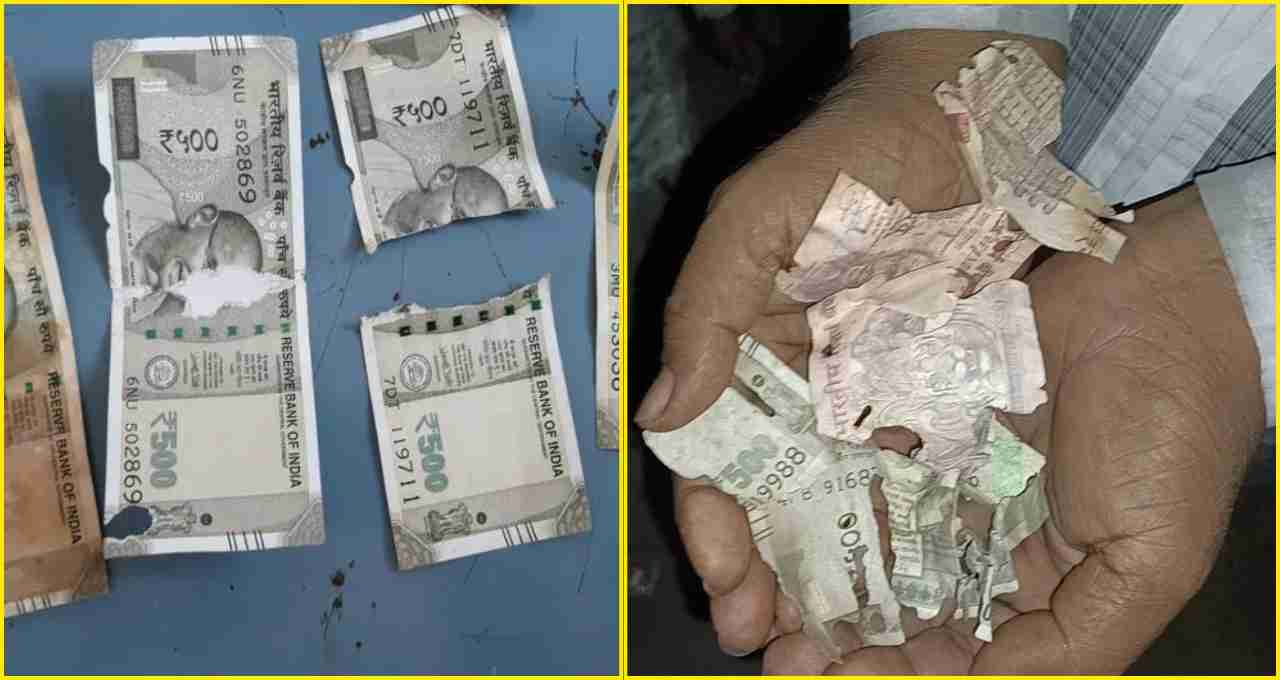
You can exchange torn or old notes at any branch of a public or private sector bank in India. Having an account at that specific bank is not mandatory. Importantly, the bank branch staff is obligated to assist you, regardless of whether you are a customer.
What is the Note Exchange Process?
- Visit the nearest bank branch with the notes.
- The bank officer will assess the condition of the notes.
- The category of the note (Soiled/Mutilated) will be determined.
- Full or partial payment will be made according to the condition of the note.
- If the note's condition is severely damaged, the bank may forward it to the RBI, with payment made later.
Important Considerations
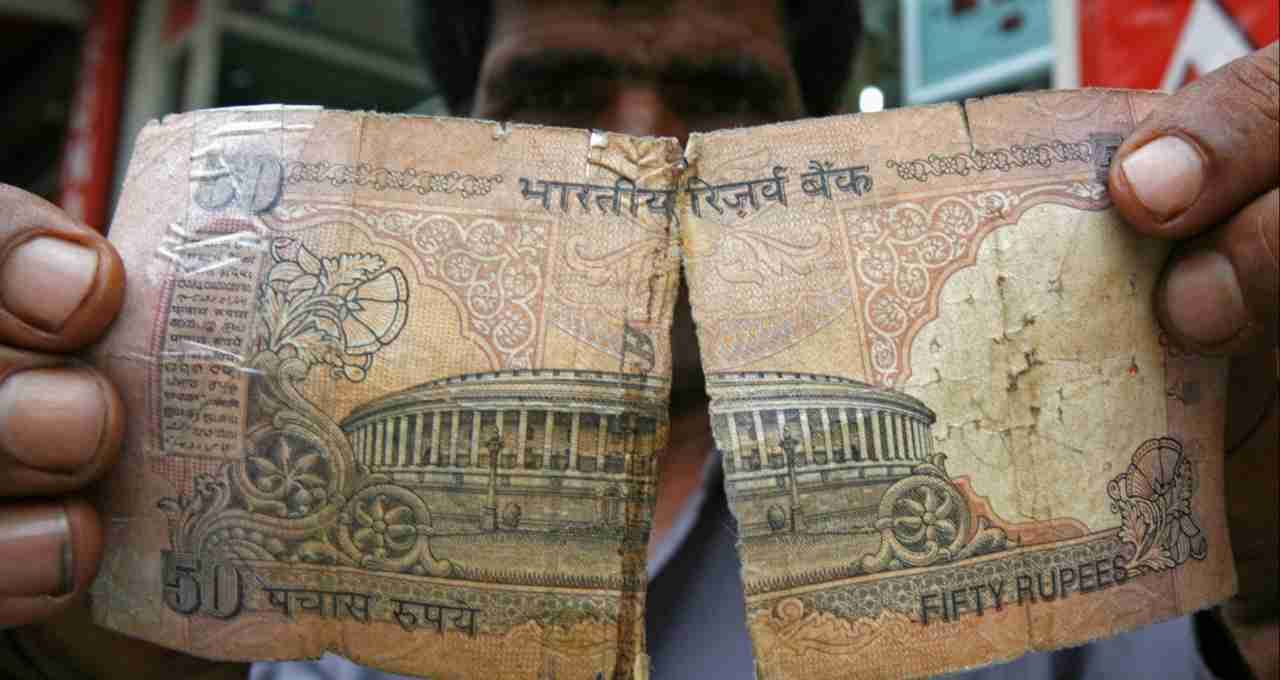
Understanding and adhering to the following points is crucial when exchanging damaged notes:
- The serial numbers on both sides of the note must be clearly visible.
- The note must be genuine; banks do not accept counterfeit notes.
- If the note is in two or more pieces, submit all fragments.
- Avoid using tape, staples, or glue; this may invalidate the note.
- Political slogans, obscene, or offensive writings on the note may lead to rejection.
- The bank officer will decide on full or partial payment based on the note's condition.
Are There Any Charges?
No. The Reserve Bank of India has explicitly instructed that no charges will be levied for exchanging torn, old, or soiled notes. This service is entirely free, and all banks are mandated to comply.
Which Notes Are Not Exchanged?
- Under certain circumstances, banks may refuse to exchange notes:
- Counterfeit notes or those involved in fraudulent activities.
- Burnt or severely damaged notes that are difficult to identify.
- Notes with religious, political, or offensive writings.
- Banks may report counterfeit currency to the police.
No, there is no online facility for exchanging notes. A personal visit to a bank branch is necessary. However, some larger banks may offer this service at designated counters, potentially speeding up the process.
